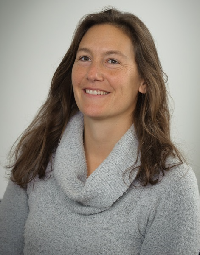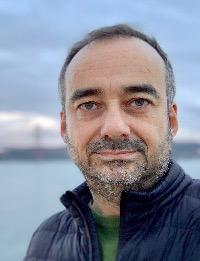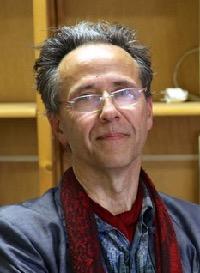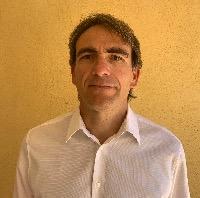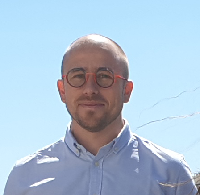Mitochondrial diseases, caused by respiratory chain deficiency, display heterogeneous clinical presentations in terms of age at onset, progression and symptoms. Our principal goal is to identify and/or to characterize new genes and mechanisms involved in mitochondrial diseases, thanks to patients and model organisms. These steps are essential especially for the development of new therapeutic strategies for these severe diseases without treatment available at present.
Among recent data :
- The description of a new disease of the Krebs cycle through the role of MDH2, encoding the mitochondrial malate dehydrogenase, whose mutations are responsible for severe childhood encephalopathy. MDH2 had been recently identified as a novel pheochromocytoma and paraganglioma susceptibility gene. We showed that loss-of-function mutations are associated with severe neurological clinical presentations in children.
- The genetic evidence that mitochondrial dysfunction can trigger motor neuron disease (MND) through the identification of CHCHD10, encoding a mitochondrial protein, in a large family with a late-onset mitochondrial myopathy associated with MND. Rapidly, our group and others reportedCHCHD10 mutations in amyotrophic lateral sclerosis (ALS), frontotemporal dementia (FTD) and other neurodegenerative diseases. We generated knock-in mice that mimic the phenotype displayed by the patients. We also showed that motor neurons differentiated from human iPSC carrying CHCHD10 mutations are much more sensitive to Staurosporine or glutamate-induced caspase activation than control cells. Our data are in favor with a key role for muscle in MND associated with CHCHD10
The team works in direct collaboration with the Department of Medical Genetics (CHU of Nice) and the Reference Centre for Mitochondrial Diseases involved in diagnosis and follow-up of patients, both headed by Veronique Paquis-Flucklinger. This allows the phenotyping of patient cohorts and the collection of biological samples. This also allows a continuum between basic and clinical research. The group is composed on the one hand by physicians and biologists, experts in the clinical, biochemical and molecular diagnosis of mitochondrial disorders, and on the other hand by scientists, experts in studying mitochondrial functions who benefit from the platforms of the IRCAN.




